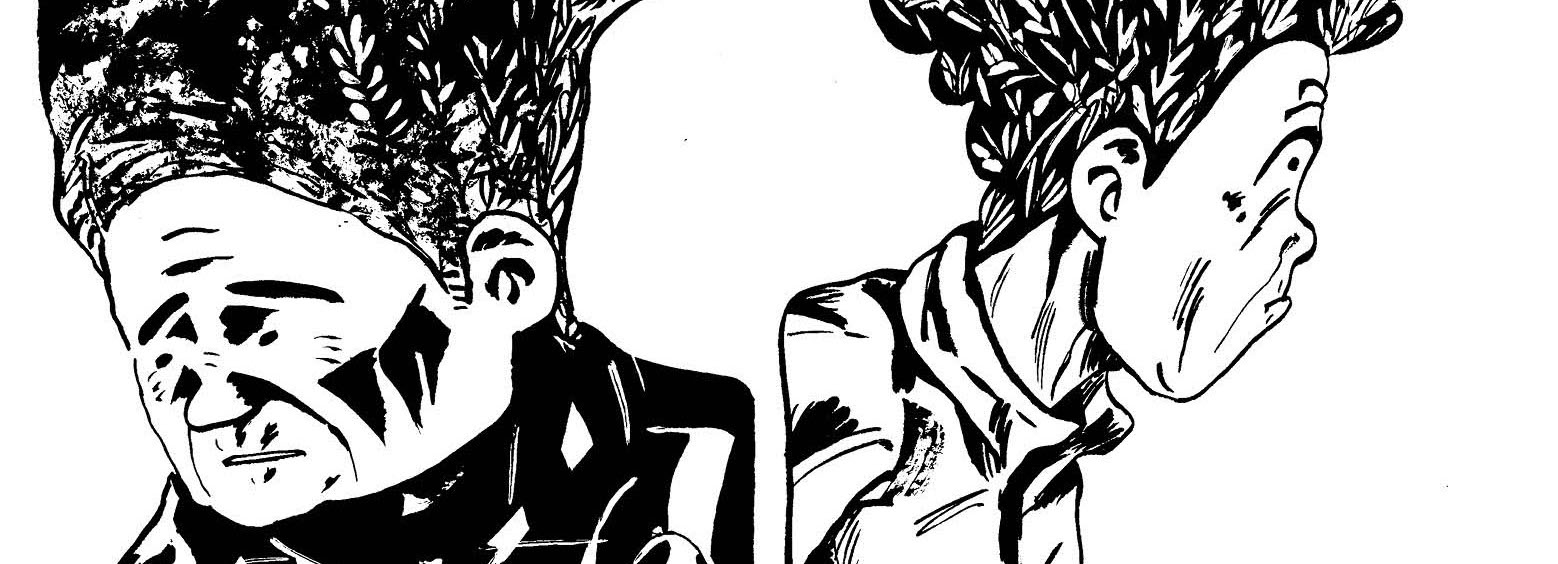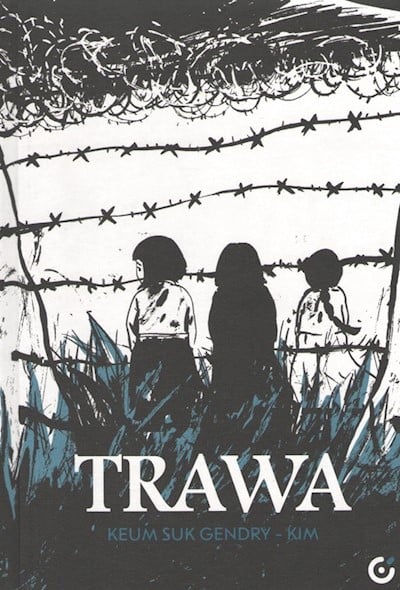

Students have shown an interest in the book based on regional significance, strong female-led story, and the fact the format allows them to visually learn about a difficult topic. Keum Suk Genry-Kim’s minimal words and stark images portray a deep sadness and strong emotion. In my experience as a high school librarian in Korea, I would recommend it for students in Grades 10 and up, due to the mature subject matter. Graphic novel is a powerful format for the telling of this time in the history of Korea and Korean women. Her interviews with Lee shape the story and their relationship allows us to understand the later lives of these mistreated women. The author inserts herself into the book, and we see her befriend Lee Ok-Sun in a nursing home for former comfort women in Gwangju, South Korea. Lee was declared dead in Korea and remained in China for a further 55 years. Once the war ended, many of these young women felt such deep shame, they never returned home.

At the age of 15, she is kidnapped by a group of Korean men and sent to China by train to serve as a sex slave for the Japanese military. Lee is sent away by her struggling family, with the false promise of an education, and she never returns home. Both the images and words declare a deep sadness and suffering.

Some pages are streaks of black, bare winter trees, smudged faces and dirty landscapes. While the topic is difficult and mature, the images are not overly graphic. Sparse use of words and stark black and white inked images portray Lee’s story clearly – dark, emotional and devastating.

Following one woman’s life through the Japanese occupation, we learn of the hardship for ordinary Koreans through the re-telling of these historical events. Comfort Women is the term commonly used to describe the victims of forced sexual slavery by the Japanese military. Grass is a powerful oral history in graphic novel style that tells the story of 15-year-old Lee Ok-Sun, who was taken prisoner and forced to become a “comfort woman” for the invading Japanese Army during World War II. Review by Lauren Elliott Grass by Keum Suk Gendry-Kim


 0 kommentar(er)
0 kommentar(er)
